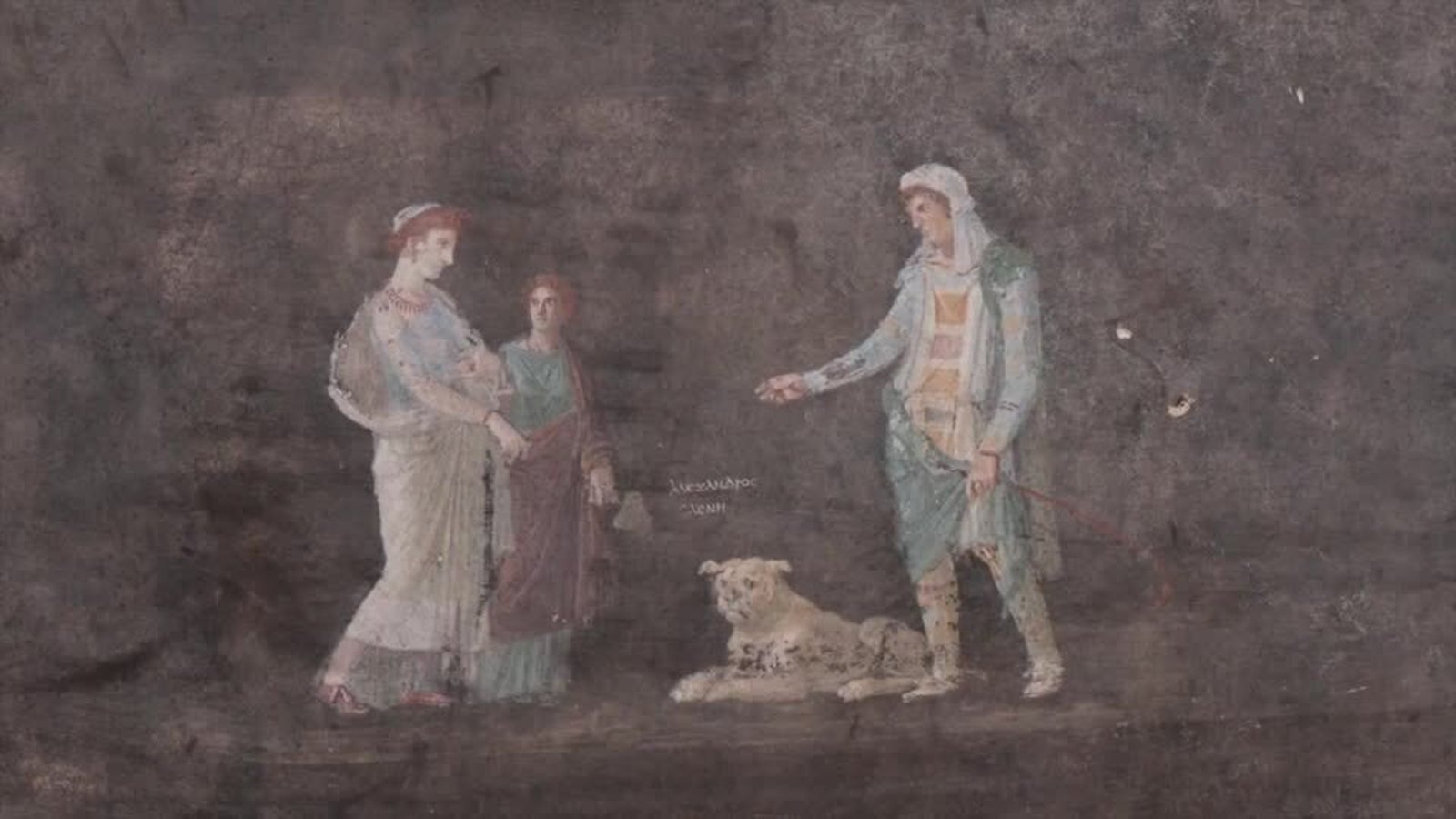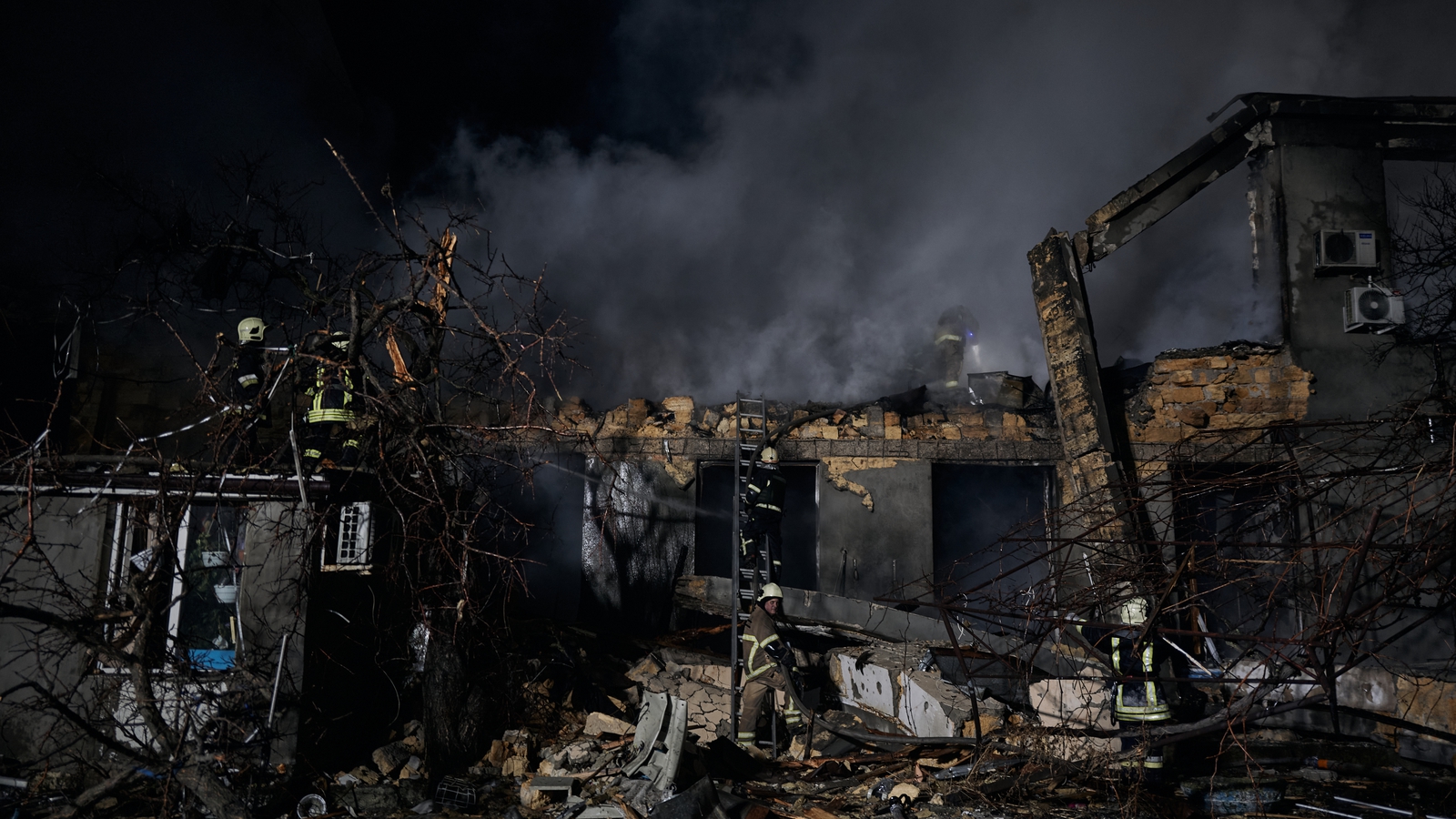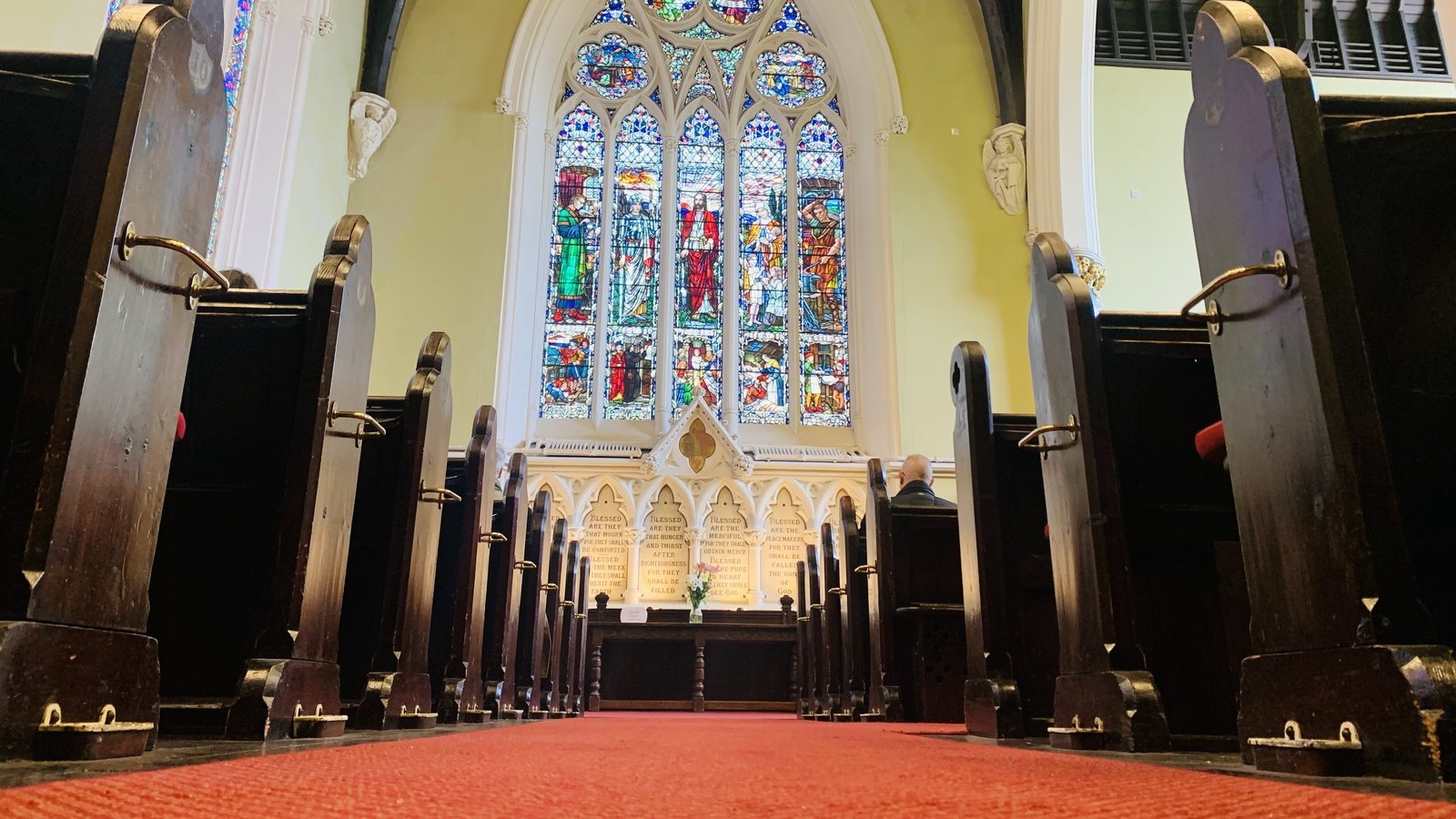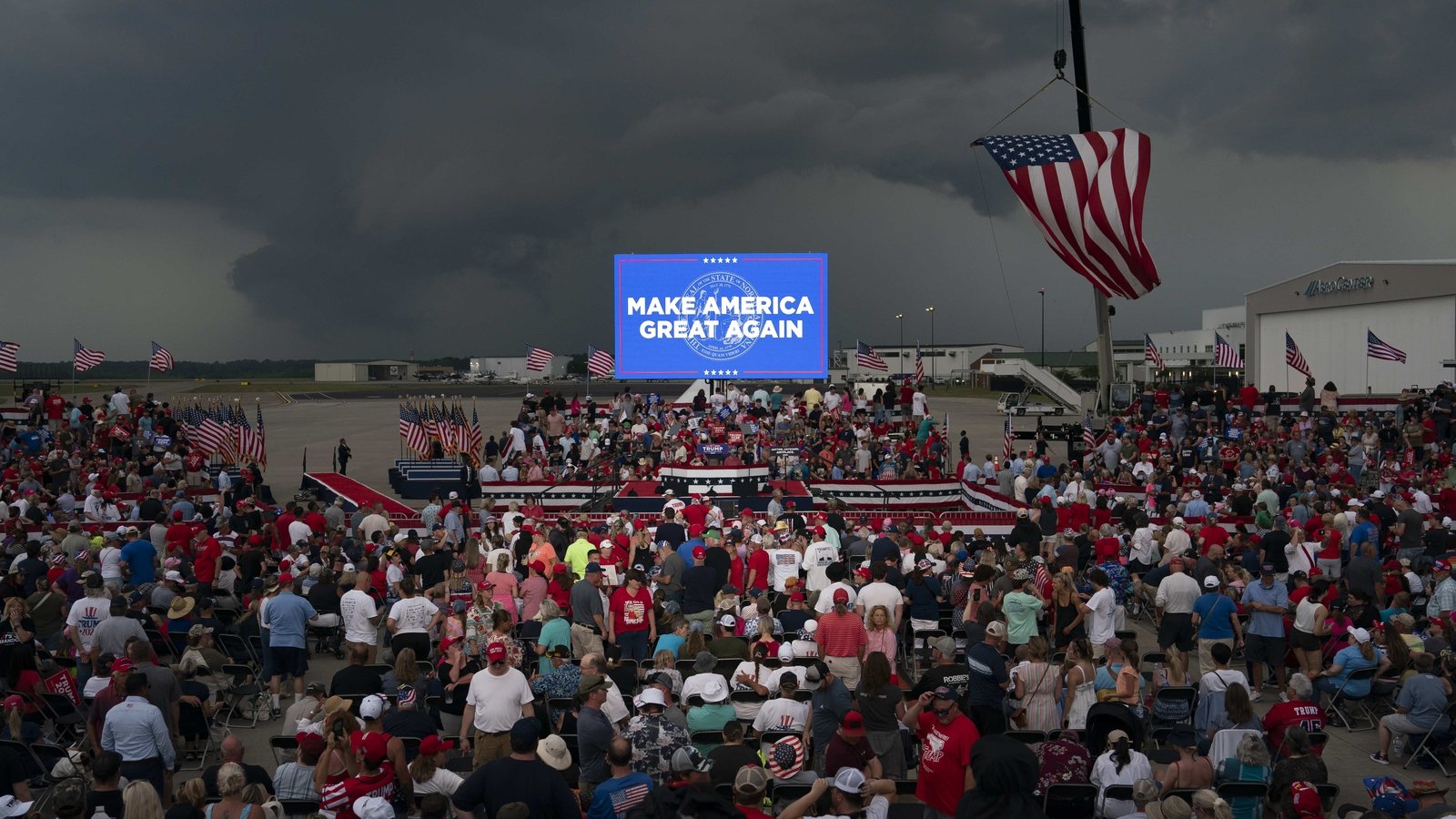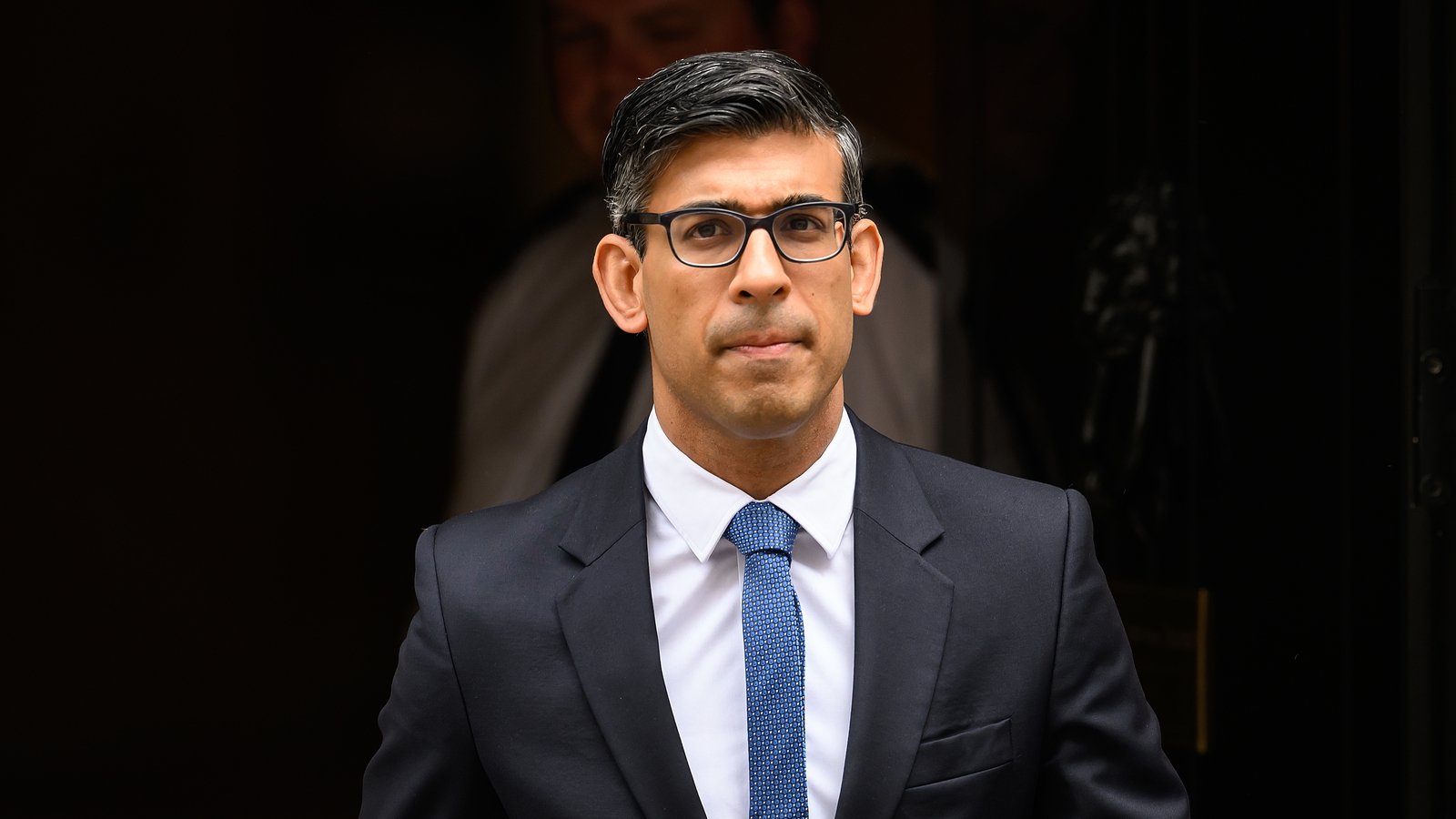Why conflict with Israel is the last thing Lebanon needs
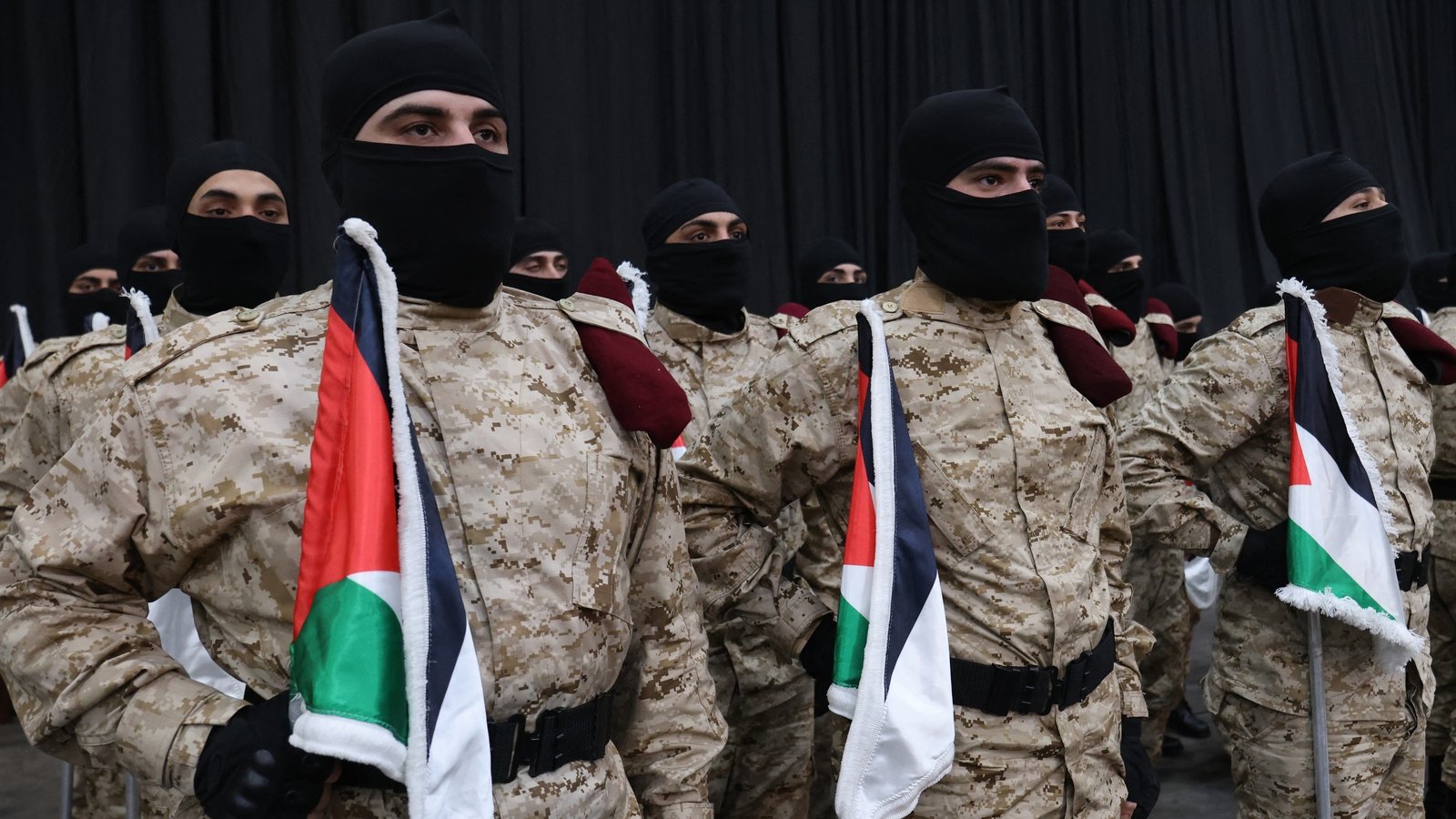
The sectarian tensions that fuelled Lebanon’s decades-long civil war are meant to have faded.
On the surface, Beirut, the country’s capital, makes the most of its religious diversity.
Key positions in government are shared between Sunni Muslims, Shia Muslims and Maronite Christians.
But memories of that civil war, which ended in 1990 and cost the lives of 150,000 people, lie just beneath the surface.
In recent years, Beirut has on occasion ground to a halt due to confrontations between supporters of the various sects.
On one side, you typically have Amal and Hezbollah – both tied to Lebanon’s Shia community. On the other, you have supporters of the Lebanese Forces.
But, although Hezbollah’s popularity has plummeted in recent years, its dominance in Lebanon stems from the strength of its armed wing. By all accounts, it outguns the Lebanese Forces.
Though Hezbollah emerged as a key force in Lebanese politics after the civil war, it was the 2006 conflict with Israel that solidified its supremacy.
The 34-day war, known in Lebanon as the July War, ended in a ceasefire with Israel. But that truce was ultimately seen as a triumph for Hezbollah and its ability to protect Lebanon from Israel.
Some 18 years later, Hezbollah still describes it as one of its biggest-ever victories. Its leader in 2006, Hassan Nasrallah, is still in charge.
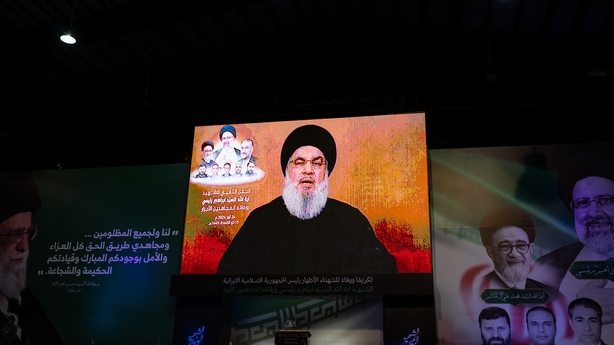
Thanks to staunch support from Iran, the group has grown its arsenal and become a key player in the Middle East.
And it remains a staunch foe of Israel.
In the south of the country, it has been exchanging rocket fire with the Israeli military since October in support of Hamas.
Nearly eight months into the war, at least 60,000 people are still displaced in northern Israel. Though many were displaced during the 2006 war, the current conflict marks the first time in Israeli history that the country’s government has been forced to order official evacuations.
In the south of Lebanon, nearly 100,000 people have been displaced.
That is putting further pressure on a country already struggling with dual political and economic crises.
The presidency, usually occupied by a Christian politician, has been vacant for well over a year, in part because Hezbollah won’t support a candidate from the opposition.
Over and over, the country’s parliament has failed to nominate a candidate.
That has compounded a severe economic crisis. Lebanon hosts the largest number of refugees per capita and per square kilometre in the world – both Syrians and Palestinians.
As a result of the civil war in neighbouring Syria, around 1.5 million refugees have sought shelter in Lebanon since 2011.
It has been home to 200,000 Palestinian refugees for several decades.
Add to that corruption, a banking crisis, an over-reliance on foreign currency and a 2020 port explosion that devastated much of Beirut, and Lebanon is facing what the World Bank describes as one of the worst depressions in global history.
In that context, a full-scale conflict with Israel is the last thing Lebanon needs.
Hezbollah therefore has to strike a tricky balancing act – by keeping Lebanon out of conflict while continuing to demonstrate that it is resisting Israel.

